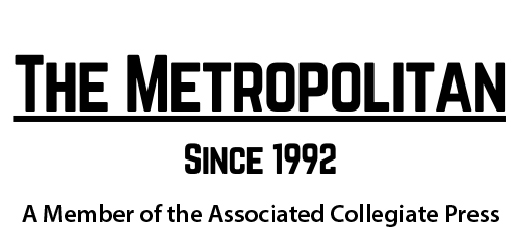Allen Bellas
Share:
St. Paul is considering raising the minimum wage within the city to $15 an hour, higher than the state minimum wage of $9.65 for large employers and nearly double the absolute state minimum of $7.87. The attraction of the idea is obvious; income inequality in the U.S. is nearly as bad as it’s been in a century and with the city’s poverty rate in the neighborhood of 20 percent, higher wages sound like a good solution.
While this may seem to be a good way to address both poverty and the decadeslong trend of increasing income disparities, as with any public policy it is good to be aware of possible unintended consequences.
First, as the cost of hiring lower-skilled and less experienced workers rises, employers in St. Paul will find ways to do without them. Increasing automation has moved from manufacturing to the service sector as kiosks take food orders and customers get their own drinks. And there are certainly other ways employers can replace entry-level employees with technology. Higher minimum wages will only accelerate this.
Second, while better-paying jobs will be great for those who get and hold them, the higher wage is likely to increase competition for entry-level employment. Higher wages will attract more St. Paul residents to the labor market and may attract people from outside of the city to apply as well.
Increased competition for jobs will mean that employers can be choosier about who they hire. People with little experience, few skills or challenging backgrounds could find themselves losing out. A 50 percent increase in income will be good for people who retain their jobs, but some may lose them and future job growth could be slowed.
Third, if the minimum wage is enacted in St. Paul only, new businesses may locate just outside the city to avoid the impacts. Over time, existing employers may move. There is the potential that areas just beyond the city’s borders could see a boom.
Fourth, employers compensate workers in a variety of ways. A worker’s total compensation is a combination of wages and whatever benefits might be offered. If wages are forced to rise, it might be at the cost of benefits.
Finally, while several other cities around the country either have or will adopt a $15 an hour minimum wage, they all have living costs much higher than St. Paul’s. The experience in these more expensive cities may be very different from what would happen in St. Paul.
To be clear, the news isn’t all bad. Minneapolis passed a similar minimum wage. That eliminates one border across which employers might flee and moves the Twin Cities area toward a higher minimum.
Economic research has consistently struggled to identify robust evidence that minimum wage increases raise unemployment rates. Further, labor markets are currently good for workers. Unemployment rates are low and employers are struggling to find good employees, so the impacts of an increase in the minimum wage may not be felt immediately, especially if the increases are phased in.
At some point, however, the economy will slow down. When that happens the St. Paul labor market could become very difficult for the very workers that minimum wages are intended to help.
Bellas is a professor of economics at Metropolitan State University. He was recently named interim dean of the College of Management.


